ABB 3HAC029236-002
Brand:ABB
Model:3HAC029236-002
Type:09AC Servo Motor
Supply Voltage (AC):200-240 V
Rated Current:1.5 A
Rotational Speed:3000 rpm
Peak Torque:1.5 Nm
Control Interface:Digital Encoder Feedback
Protection Rating:IP65
Weight:1.2 kg
Dimensions:140 x 100 x 60 mm
The ABB 3HAC029236-002/09AC Servo Motor is meticulously engineered to deliver unparalleled precision and efficiency in demanding industrial environments. Its robust design ensures long-lasting performance under continuous operation.
This model features a closed-loop control method which guarantees accurate positioning and velocity control, essential for modern automation systems. The IP65 protection rating allows for safe use in dusty or wet conditions.
With a rated current of 3.5 A and rotational speed up to 6000 RPM, this servo motor can handle a wide range of applications from conveyor systems to robotic arms. Its maximum torque of 2.5 Nm provides sufficient power for heavy-duty tasks.
Designed for ease of installation and maintenance, the ABB 3HAC029236-002/09AC Servo Motor comes equipped with all necessary connectors and mounting points. Its lightweight construction at just 4.2 kg makes it easy to integrate into existing machinery.
At our store, we offer competitive pricing and quick delivery times, ensuring you get the best value for your investment. For further assistance, please contact our customer support team.

Main Brand:
ABB Allen-Bradley Alstom Bently Emerson Foxboro
GE MOOG Schneider Woodward HIMA Honeywell
Annual hot selling advantage products:
ABB HIEE300690R0001 ABB HIEE300766R0001 ABB HIEE401091R0002
ABB HIEE451116R0001 ABB HIEE450964R0001 ABB HIEE300900R0001
First hand source, affordable price. Spot inventory!
•Shipping Port: Xiamen
•Ship to you via Fedex/DHL/TNT/UPS/EMS
•Package: Original packing with cartons

Our Main Brand
ABB, GE, Allen Bradley, Honeywell, Emerson, Bently Nevada, Prosoft, Siemens, Westinghouse, Triconex, Foxboro, ICS Triplex, Hima, Schneider, Yokogawa, Woodward, B&R, KEBA, etc
Rockwell: Allen-Bradley
1) ControlLogix 1756 series controller
2) CompactLogix 1769 series controller
3) SLC 500 1747 1746 Series Controller
4) PLC-5 1771 1785 series controller5)
5)ProSoft :MVI69/PS69/MVI56/MVI94/MVI71/MVI46/31506)
6)ICS TRIPLEX trusted system
ABB:
1) AC800M series controller I/O module
2) AC800F series controller module
3) AC31 series controller module
4) 800xA series modules
5) Bailey INFI 90 module
6) DSQC robot module spare parts
7) Advant OCS system spare parts
8) H&B Freelance
Bentley Nevada :
1) Bently 3500 Monitoring system
2) Bently 3300 Monitoring system
Schneider:
Quantum 140 series :Modicon M340
Modicon Premium :CPU Processor Module,Communication module,etc
Emerson:
1) Ovation System DCS Card
2) DeltaV system Dual Channel Redundancy Safety System, Redundancy Controller
General Electric:
1) IS200/DS200 series Excitation system card
2)IC693/IC695/IC697/IC698/IC200/IC660/IC670 CPU module,Communication module, Analog Digital module
What is a DCS?
A Distributed Control System (DCS) is a sophisticated, computer-based control system designed to automate, monitor, and manage complex industrial processes. It is widely used in large-scale industrial facilities such as refineries, power plants, chemical plants, and paper mills, where precision, reliability, and scalability are critical.
How Does a DCS Work?
A DCS is composed of several interconnected components that work seamlessly to ensure efficient process control. Here’s a breakdown of its key elements:
- Controllers:
These are the “brains” of the system. Controllers receive data from sensors, process it using pre-programmed logic, and send output signals to actuators to maintain optimal process conditions. - Sensors:
Sensors act as the “eyes and ears” of the system, measuring critical physical parameters such as temperature, pressure, flow rate, and level. This real-time data is essential for accurate control. - Actuators:
Actuators are the “muscles” of the system. They execute physical actions based on controller commands, such as opening/closing valves, starting/stopping motors, or adjusting dampers. - Operator Stations:
These serve as the human-machine interface (HMI), allowing operators to monitor the process, adjust setpoints, and troubleshoot issues. Modern DCS systems often feature intuitive graphical interfaces for ease of use. - Communication Network:
The backbone of the DCS, this network connects all components, enabling seamless data exchange and coordination. It ensures that every part of the system works in harmony, even across large industrial sites.
Why is a DCS Important?
- Centralized Control with Distributed Execution: A DCS allows for centralized monitoring while distributing control functions across multiple controllers, reducing the risk of system-wide failures.
- Scalability: It can easily expand to accommodate growing operational needs.
- Reliability: Redundant systems and fail-safes ensure continuous operation, even in critical environments.
- Efficiency: Optimizes processes, reduces waste, and improves overall productivity.

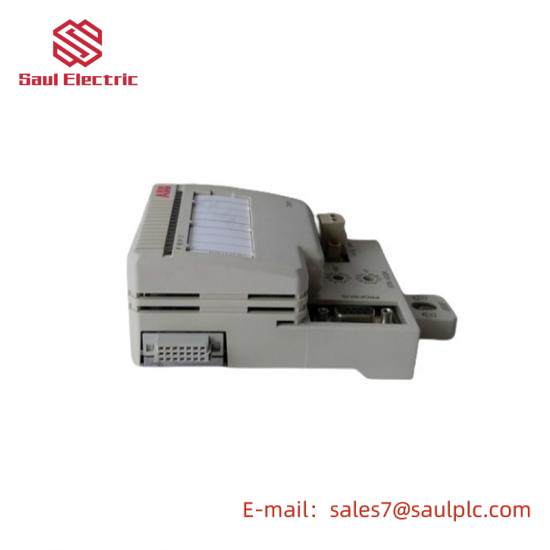

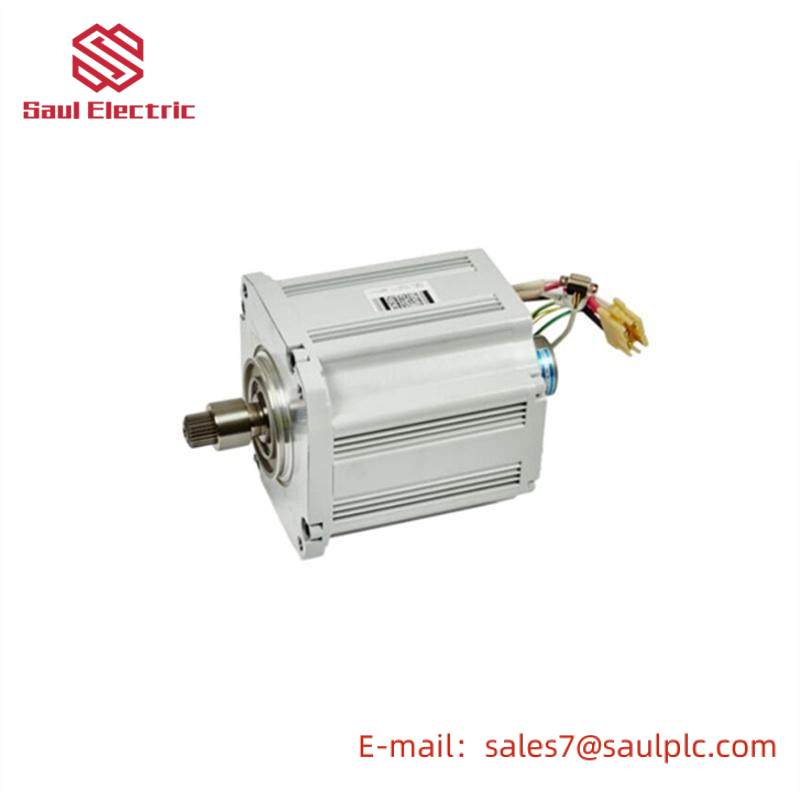
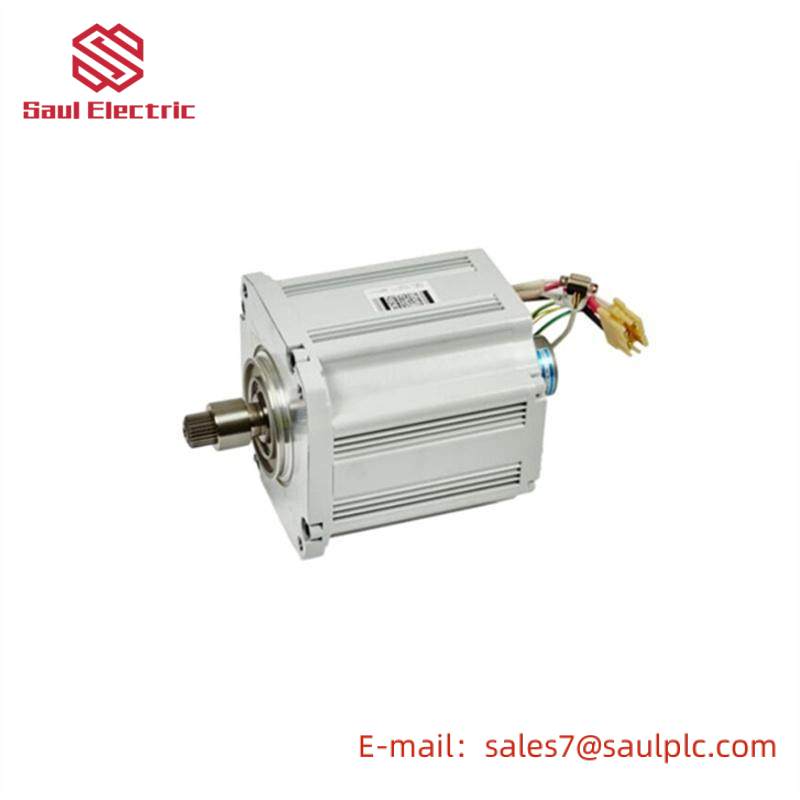



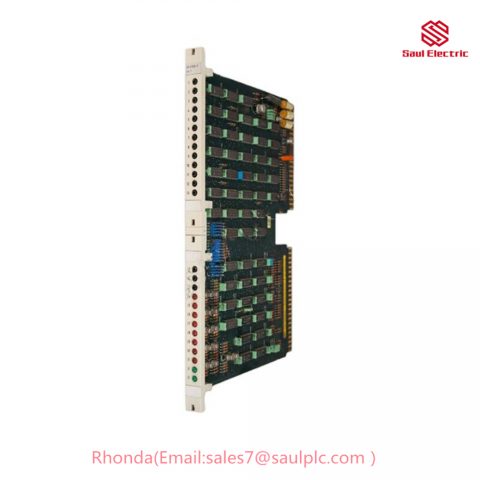
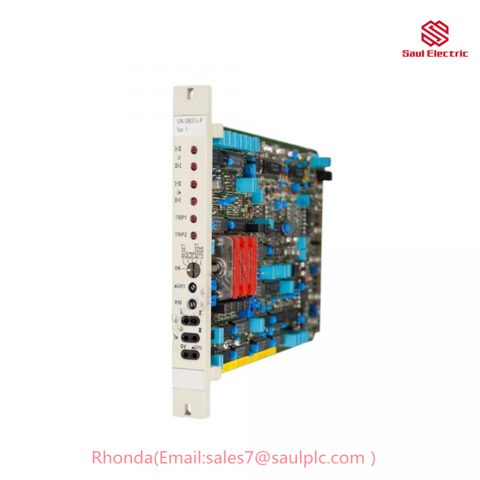
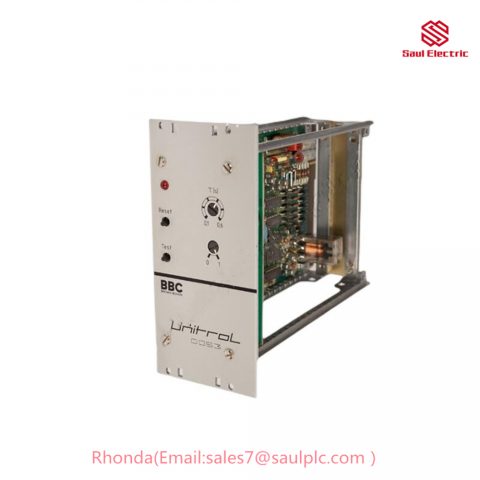
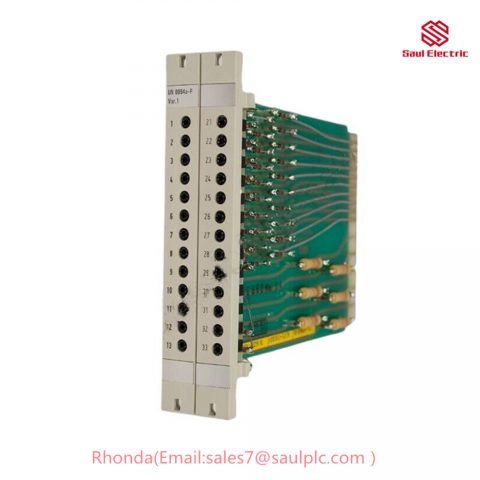
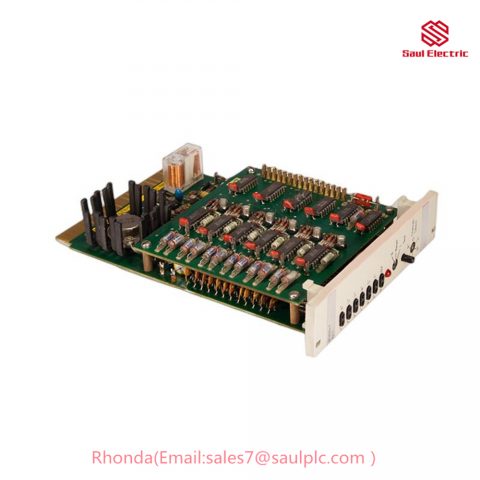
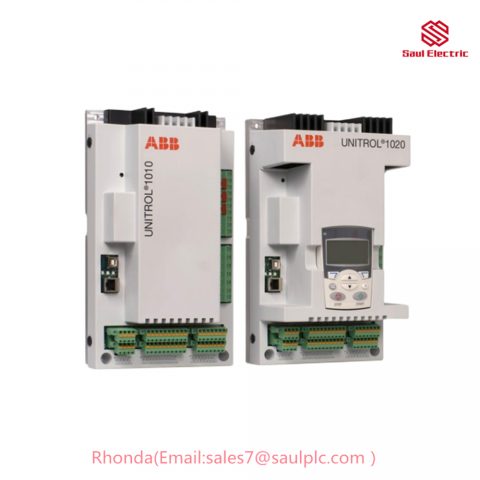
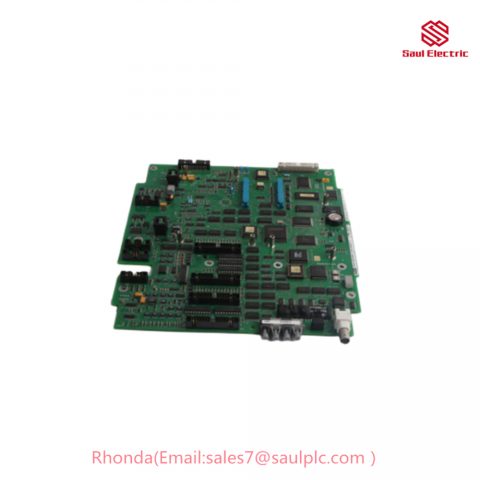
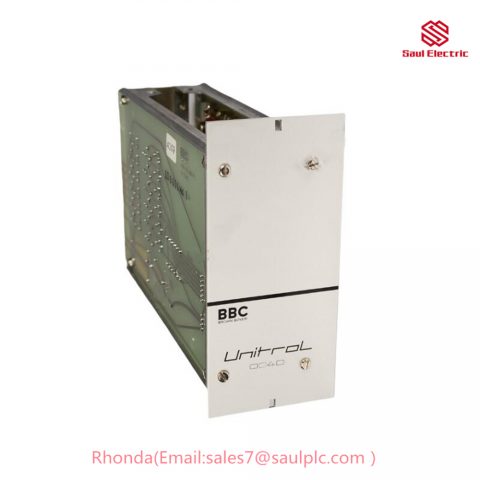
There are no reviews yet.